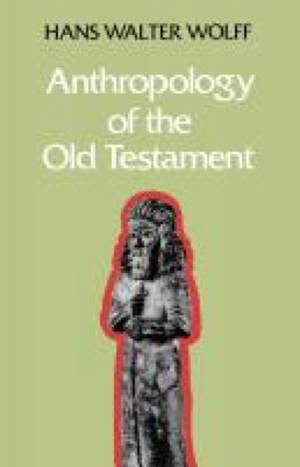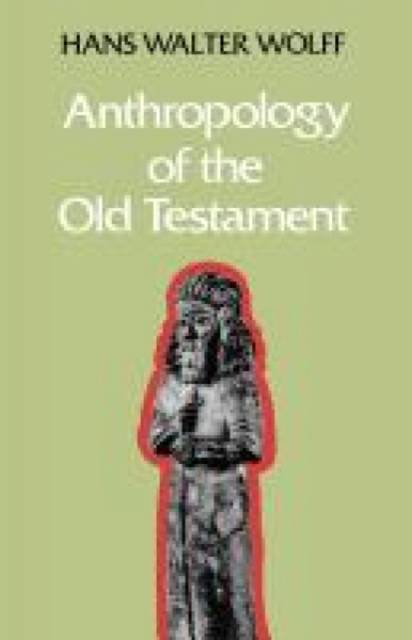
- Retrait gratuit dans votre magasin Club
- 7.000.000 titres dans notre catalogue
- Payer en toute sécurité
- Toujours un magasin près de chez vous
- Retrait gratuit dans votre magasin Club
- 7.000.0000 titres dans notre catalogue
- Payer en toute sécurité
- Toujours un magasin près de chez vous
Description
The aim of lifework into present for theological consideration the Old Testament witness to the nature of man. It contains detailed studies of the way in which Israelite man was thought of, and of the ways in which the Old Testament describes his physical being. Part two then goes on to look at the context in which Hebrew man lived out his existence, and its notion of time and of the created universe, in which man both worked and found leisure. Part three moves on to the social aspect of man's life, with its institutions, patterns of relationship and moral demands. A concluding chapter sums up the overall picture given in the Old Testament of man's destiny. The book is well translated and readable, and has a very great usefulness for the general reader of the Bible, because of the way in which it fills out the picture of what life was like in Old Testament times. While it is primarily aimed at a theological readership, ft will prove to be an indispensable tool for any study of Old Testament ethics. At a host of points it describes very lucidly the context of moral behaviour in the life of ancient Israel. In line with this it reveals very clearly the possibilities which life offered, and serves in a number of ways to illuminate the reasoning behind Israelite laws. All in all it impresses the reader with a recognition of the inextricable way in which culture, religion and morality are intertwined in the Old Testament. Only by attention to this can biblical morality and the biblical conception of man be understood.
Spécifications
Parties prenantes
- Auteur(s) :
- Editeur:
Contenu
- Nombre de pages :
- 304
- Langue:
- Anglais
Caractéristiques
- EAN:
- 9780334000211
- Date de parution :
- 26-10-11
- Format:
- Livre broché
- Format numérique:
- Trade paperback (VS)
- Dimensions :
- 140 mm x 216 mm
- Poids :
- 353 g

Les avis
Nous publions uniquement les avis qui respectent les conditions requises. Consultez nos conditions pour les avis.






